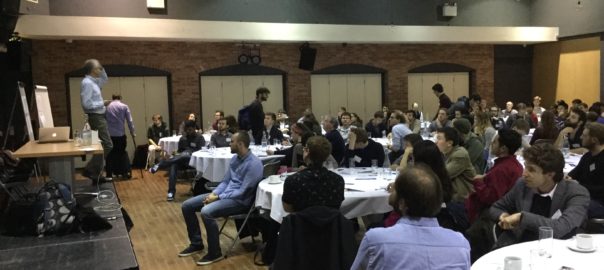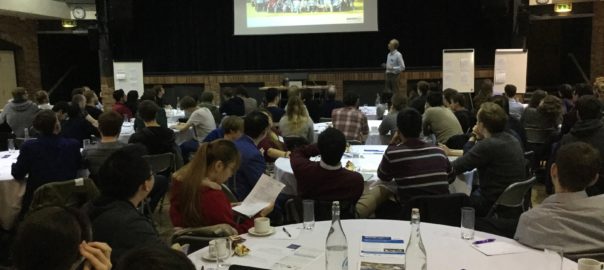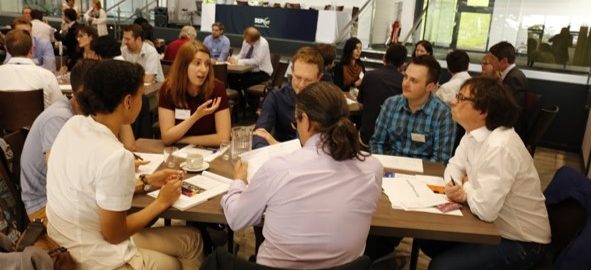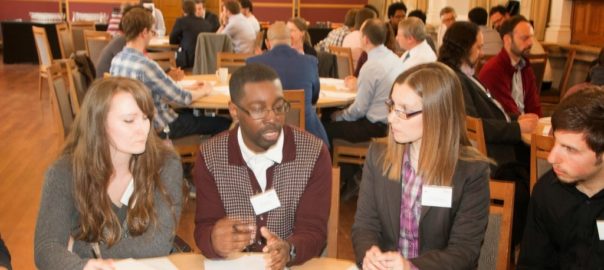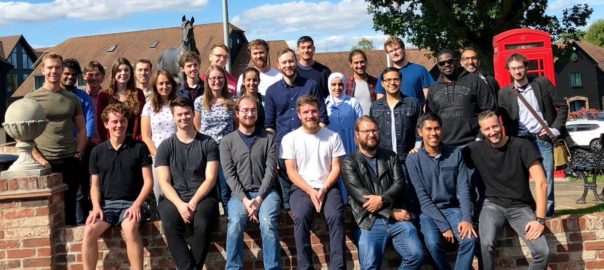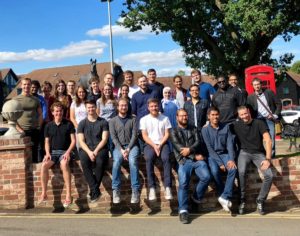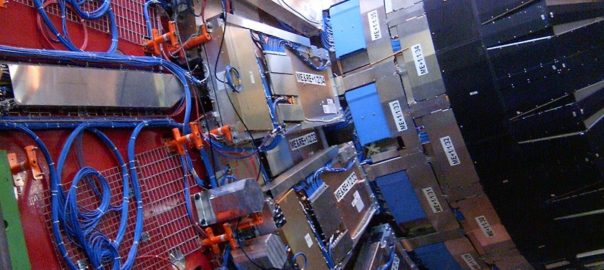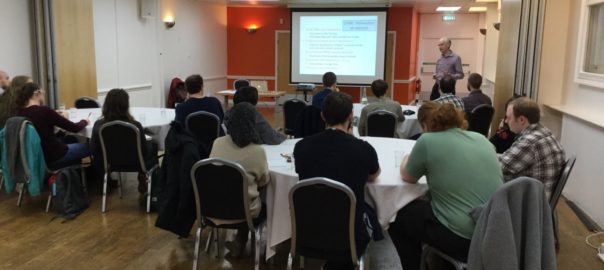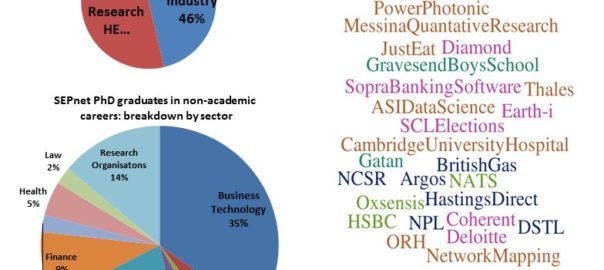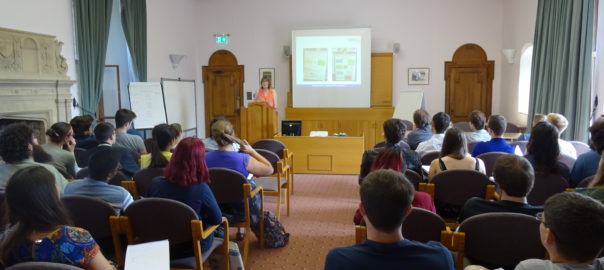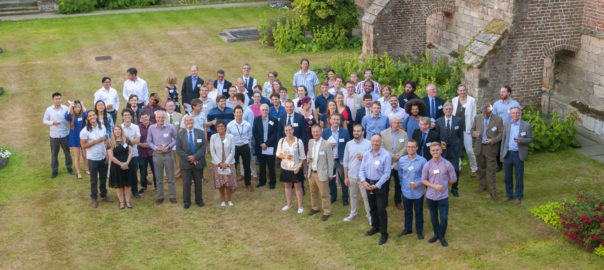Register now!
Who: 1st Year SEPnet Physics PhD students. All SEPnet departments expect all new students to attend.
When: 24 October 2018, 10:15-16:00
Where: 1 Park Crescent, International Students House, 229 Great Portland Street, London, W1W 5PN.
What: A one day introduction to GRADnet to learn more about opportunities, to meet fellow researchers from across the network and to participate in two out of four short workshops designed to get you started in key areas of activity. Students are to sign up for two workshops on arrival and attend one in the morning and one in the afternoon.
- Getting your research published: This workshop will explain the steps necessary to take the results of your research through to a published paper. Led by “insiders” from IOP Publishing, it will explain what makes a good paper and why some authors succeed while others do not.
- Python: Python is a powerful, high-level scripting language that is widely used in scientific research for a huge range of data analysis and visualisation applications. In this workshop you will learn how to use Python, starting from basic scripts to explore syntax and data types, working up to more complicated ‘real world’ examples.
- Research Data Management: Research data management is increasingly important in all fields of research. Presented by Research Council and University experts, this workshop asks what is required for good data management and examines some of the common problems and issues that researchers face.
- Science Communication Skills: Want to explore ways of sharing your research with many different audiences? It is now more important than ever to be able to communicate with non-specialist groups. Whether it’s a public talk in a pub, writing in your department blog, doing some stand-up comedy, writing a popular science article or simply standing on a box in a street corner, this session will get you started. As a future researcher you will be expected to engage with many different publics throughout the research process; science communication is an invaluable tool for this process. Outside research the ability to clearly communicate technical details to all sorts of partners will be an asset on any CV.
Numbers: This event is mandatory at all SEPnet partner departments for new PGRs. Circa 100 students are expected to attend.
Students are to sign up for two workshops on arrival and attend one in the morning and one in the afternoon.
See full programme here.
Travel expenses are covered by your department. Transport to the venue can be arranged through your local GRADnet Administrator if there are sufficient numbers.
Register here. Registration deadline is 17 October 2018.

